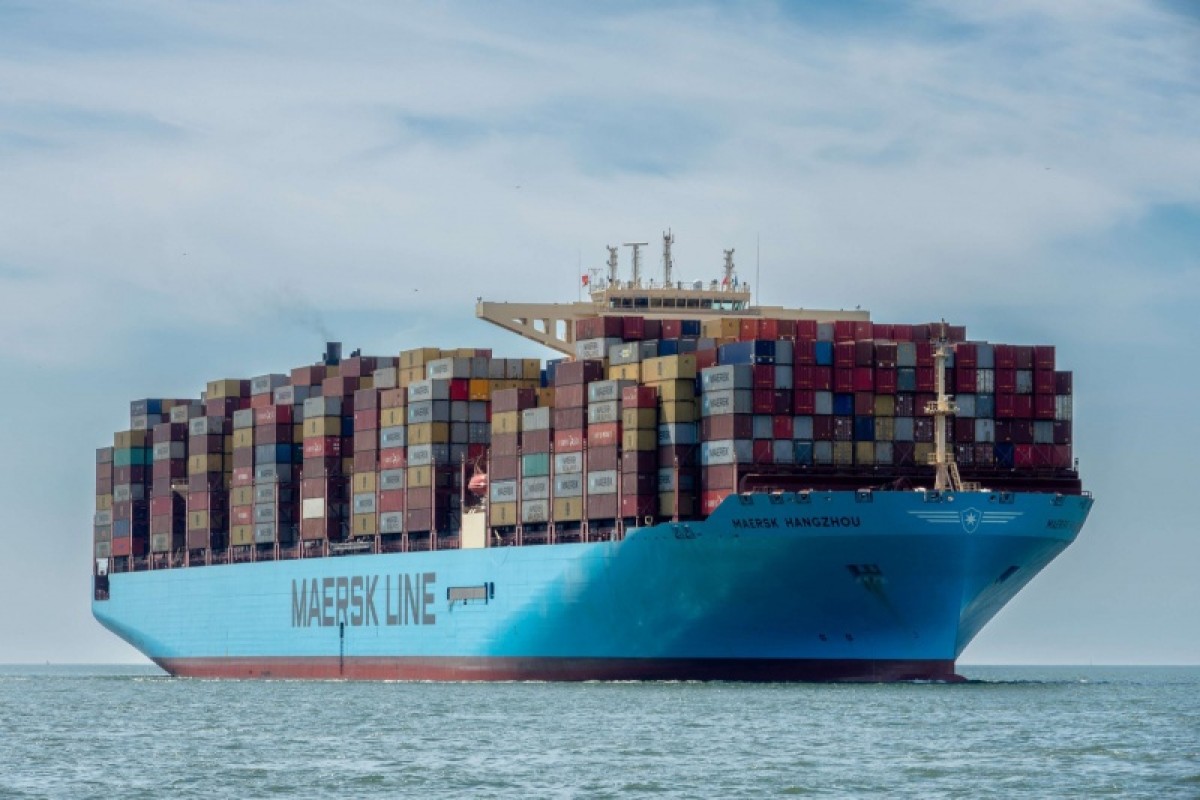Newspaper: Houthi attacks in the Red Sea increase shipping costs by 173 percent


Shipping costs between Asia, Europe and the Americas have jumped by 173 percent since last November, due to the ongoing Red Sea crisis, according to a report issued on Sunday by Freightos.com, a multinational company specializing in shipping operations and monitoring data related to the sea transport industry. .
The company stated that short-term container shipping rates between Asia, Europe and the United States increased by 173 percent, due to the decrease in capacity, as a result of the continuing threats to cargo ships in the Red Sea.
The spot price for shipping goods in a 40-foot container from Asia to Northern Europe now exceeds $4,000, up from an average of $1,900 previously, according to the company.
Among the Asian markets and the American East Coast, prices rose by approximately 55 percent, to $3,900 for a 40-foot container.
The French shipping group CMA CGM announced earlier that it would raise container shipping fees from Asia to the Mediterranean region by up to 100 percent as of January 15, compared to the prices of the first day.
p>In solidarity with the Gaza Strip, which has been exposed to an Israeli war with American support since last October 7, the Houthis targeted, with missiles and drones, cargo ships in the Red Sea owned or operated by Israeli companies or transporting goods to and from Israel.
With 12 percent of global trade passing through the Red Sea, according to the International Chamber of Shipping (ICS), this sea is a “sea highway” linking the Mediterranean to the Indian Ocean, and thus Europe to Asia. About 20,000 ships pass through the Suez Canal every year, and it is the entry and exit point for ships passing through this region.
On December 18, US Secretary of Defense Lloyd Austin announced the formation of a naval task force called the “Guardian of Prosperity,” which includes 10 countries, including one Arab country, Bahrain, with the aim of confronting attacks in the Red Sea.
Maritime trade accounts for 70 percent of Israel's imports, and 98 percent of its foreign trade passes through the Red and Mediterranean Bahrain. Trade through the Red Sea contributes 34.6 percent to Israel's economy, according to the Ministry of Finance.
The Israeli financial news site Globes reported on Sunday that the Chinese shipping company Cosco has suspended shipping operations to Israel.
The report, which did not include details about the reasons for the decision, came at a time when shipping lanes in the Red Sea were disrupted due to attacks launched by the Yemeni Houthi group allied with Iran.
On Friday, Maersk joined major shipping companies in diverting the routes of its ships away from the Red Sea to avoid missile and drone attacks in the area that leads to the vital Suez Canal.
The French company "MSC" suspended commercial flights through the Red Sea since mid-December, and replaced the route with the "Cape of Good Hope" in southern South Africa.
Peter Sand, chief analyst at the “Zenita” platform for providing shipping data, said that additional risks in 2024 include the possibility of expanding the scope of the Red Sea attacks to the Gulf, which may affect oil shipments, and the escalation of tension in relations between China and Taiwan, which would Also affecting important trade corridors. The Russian war on Ukraine continues to affect grain trade since Moscow invaded its neighbor Kiev in 2022.